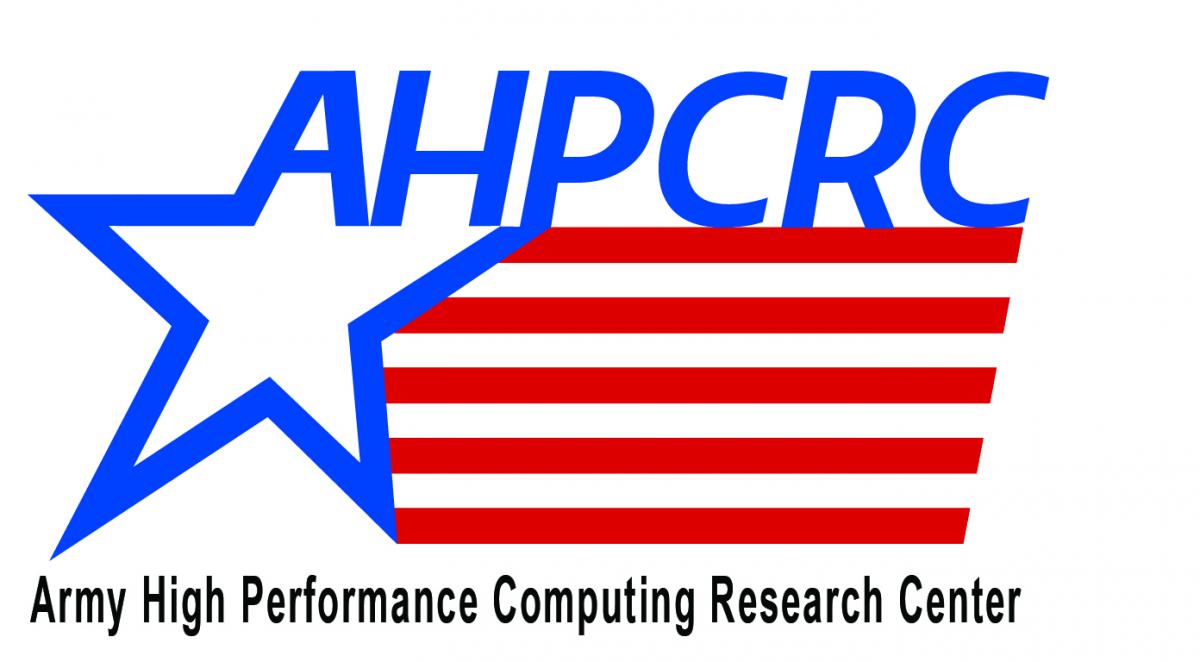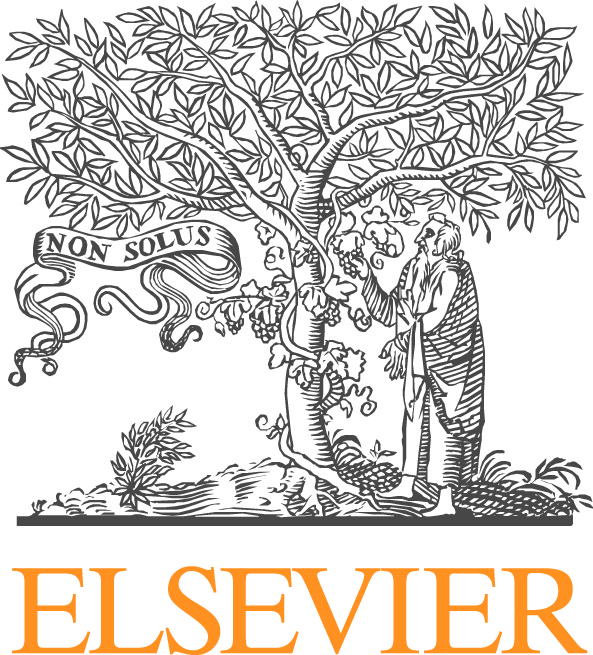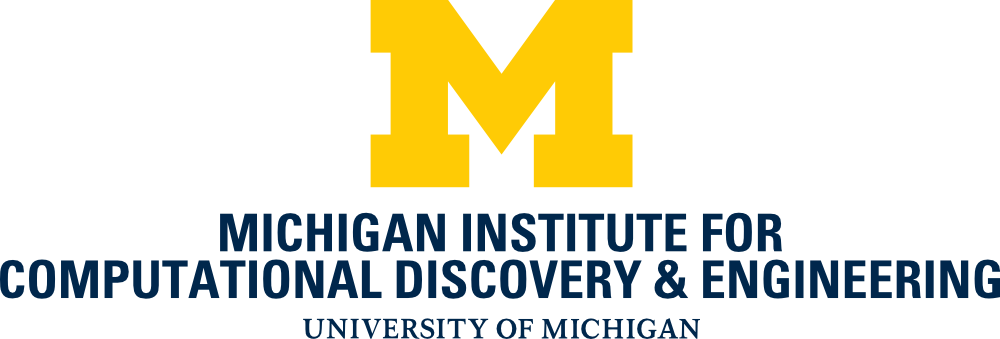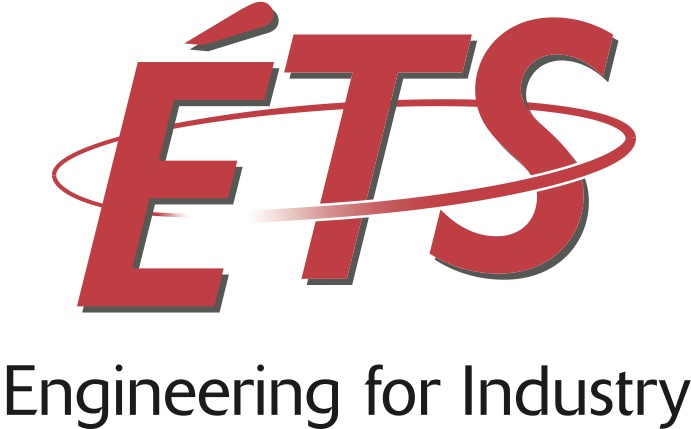Advances in Adaptive Methods for Modeling Heterogeneous Microstructures
Yan Azdoud, Johns Hopkins University
Armando Duarte, University of Illinois at Urbana-Champaign
Coleman Alleman, Sandia National Laboratory
Somnath Ghosh, Johns Hopkins University
This minisymposium focuses on adaptive strategies for the discretization and simulation of high resolution microstructures.
The evolution of image-based microstructural characterization has spurred the development of high fidelity simulation of experimentally acquired microstructures. Furthermore, dynamic and cyclic simulations are becoming primordial for the understanding of the evolution of these microstructures.
The studies of such microstructures for static or dynamic simulations require highly resolved spatial and temporal discretizations. This pushes the limit of current computational capabilities, and alternative method to brute force have to be taken to reduce computational cost. This is addressed by adaptive methods, which typically allocate spatial and temporal resolutions to preserve precision and accuracy while being computationally cheap. These methods can be defined according to quality indexes, such as mesh generation methods, or depending on the evolution of the problem, such as adaptive methods.
This minisymposium focuses on such aspects and their integration in multiscale modeling approaches in general.
The topics covered include (but are not limited to):
-Adaptive time stepping / Multi-time scaling methods
-Enrichment and XFEM/GFEM methods
-Adaptive mesh or sampling grid generation
-Mesh generation
-Wavelet-based methods







